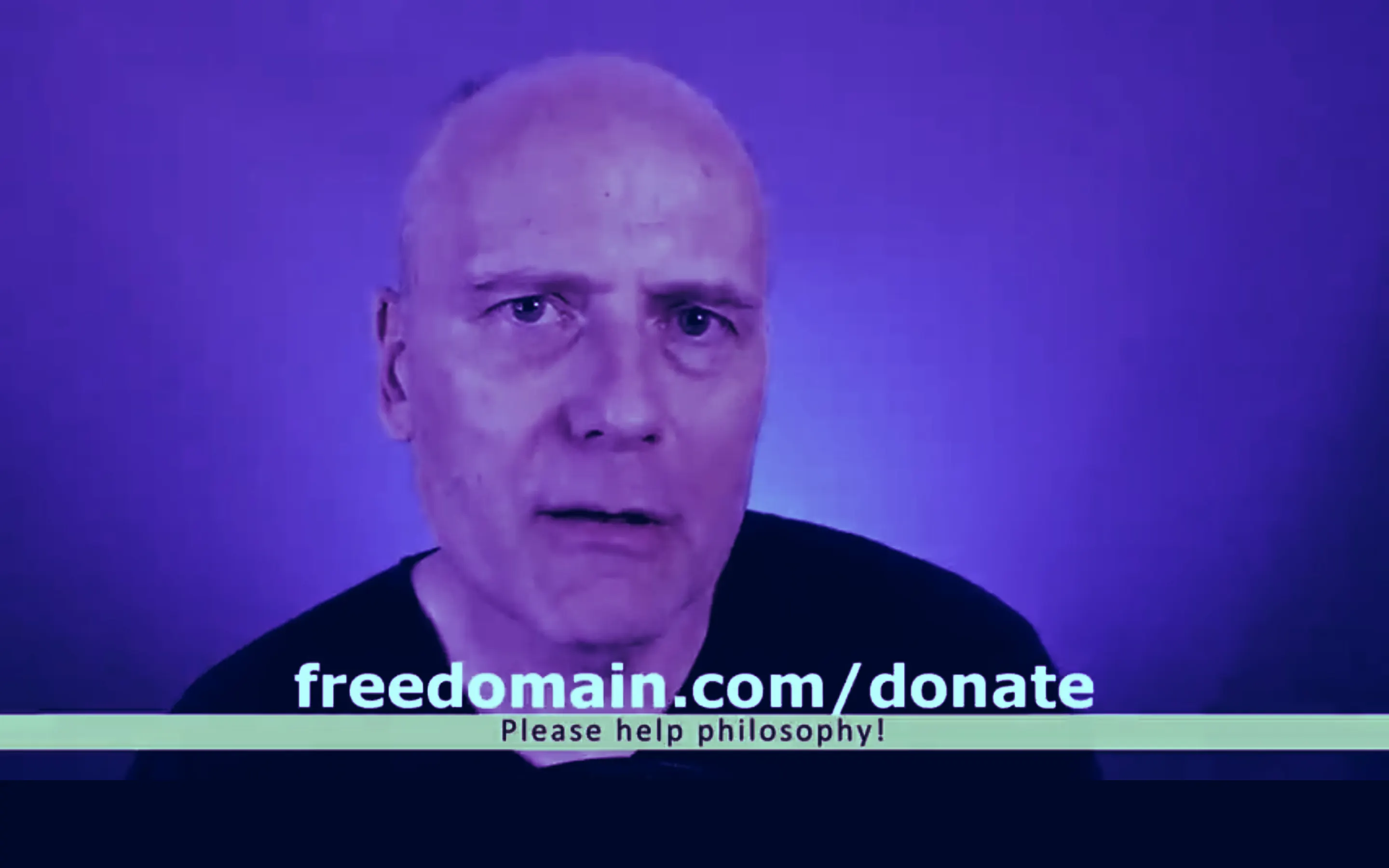In brief
- YouTube banned Stefan Molyneux's channel for violating its hate speech policy.
- PayPal cut off his account in November.
- A dozen fans responded by sending him Bitcoin Cash (BCH)
We do the research, you get the alpha!
After YouTube banned several far-right figures—including Internet commentator Stefan Molyneux, white nationalist leader Richard Spencer, and former KKK Grand Wizard David Duke for hate speech—supporters donated $60,000 worth of Bitcoin Cash to Molyneux’s BCH donation address.
Since Monday, when the ban happened, Molyneux has received 11 donations of BCH—the largest was 120 BCH, which was worth about $26,636, early today. (Update: Shortly after this story went live, someone beat that with an even bigger donation of 142 BCH.) That’s not the only cryptocurrency that Molyneux takes donations in, however. He also happily accepts Bitcoin, Ethereum, Dash, Skycoin and Dogecoin, and Monero. All the donation addresses are listed on his website.
“Thank you to whoever did this! Let truth and reason persevere. Hopefully whatever he does from now on will be even more influential,” weepingswords, who first spotted the donation, wrote on Reddit.
A YouTube spokesperson told Decrypt that the banned channels "repeatedly or egregiously violated our policies by alleging that members of protected groups were innately inferior to others, among other violations." After updating its guidelines to better address supremacist content, YouTube said it saw "a 5x spike in video removals."
Who is Molyneux?
Molyneux is a 53-year-old Canadian white nationalist podcaster—and now-former YouTuber. The Southern Poverty Law Center portrays Molyneux as “a libertarian internet commentator and alleged cult leader who amplifies ‘scientific racism,’ eugenics and white supremacism.” The advocacy group also characterizes Molyneux's videos as “intentionally long and rambling monologues.”
A self-described philosopher, Molyneux sees the YouTube ban as unjust: “Fourteen years of my life, thousands of videos, billions of comments, hundreds of millions of views and nearly a million subscribers has been destroyed,” he said in a video statement on Twitter.
“The accusation is the usual one—that I am fomenting violence and hatred and so on. Which is not true at all. I have consistently promulgated the non-aggression principle and called for reason and evidence as the methodology by which we can resolve social disputes and differences. It doesn’t seem to have mattered of course. The book-burning is underway.”
Crypto and the right-wing
Cryptocurrency became popular among right-wing extremists during the 2017 Bitcoin bubble, after Paypal and traditional credit card processors cut off payments to dozens of alt-right groups, following a deadly white nationalist rally in Charlottesville.
Specifically, PayPal cut off Molyneux’s account in November 2019. The far-right personality received much of his income from fan gifts, including recurring donations through PayPal. Molyneux also monetized his YouTube videos. That ended in January when YouTube revoked his channel’s YouTube Partner Program so that he could not earn money via the platform.
"I've been demonized on YouTube, but you can support me here," Molyneux tweeted at the time, adding a link to his website with alternative forms of accepting payment, including several cryptocurrency addresses.
At one point, Richard Spencer even went so far as to declare Bitcoin the “currency of the alt-right.”
Bitcoin is the currency of the alt right.
— Richard 🦁 Spencer (@RichardBSpencer) March 18, 2017
Needless to say, not all Bitcoiners hold these radical views. Some are first amendment absolutists and embrace blockchain technology in part precisely because it is uncensorable.
David Golumbia, author of the book “The Politics of Bitcoin: Software as Right-Wing Extremism,” told Foreign Policy last year that he thinks only a small number of cryptocurrency users are out-and-out fascists and Nazis. Golumbia also added: “I also suspect that the proportion of fascists in that world is higher than it is in the general population.”
Molyneux did not respond to a request for comment.
In his video denouncing his deplatforming, he said that YouTube’s goal is “to remove the middle—to remove those of us who are looking for peaceful solutions, rational solutions, philosophical solutions to social differences.” He urged his followers to resist violence, “despite the inevitable blowbacks that philosophers always receive from the powers that be.”
(Updated with comments from YouTube.)





